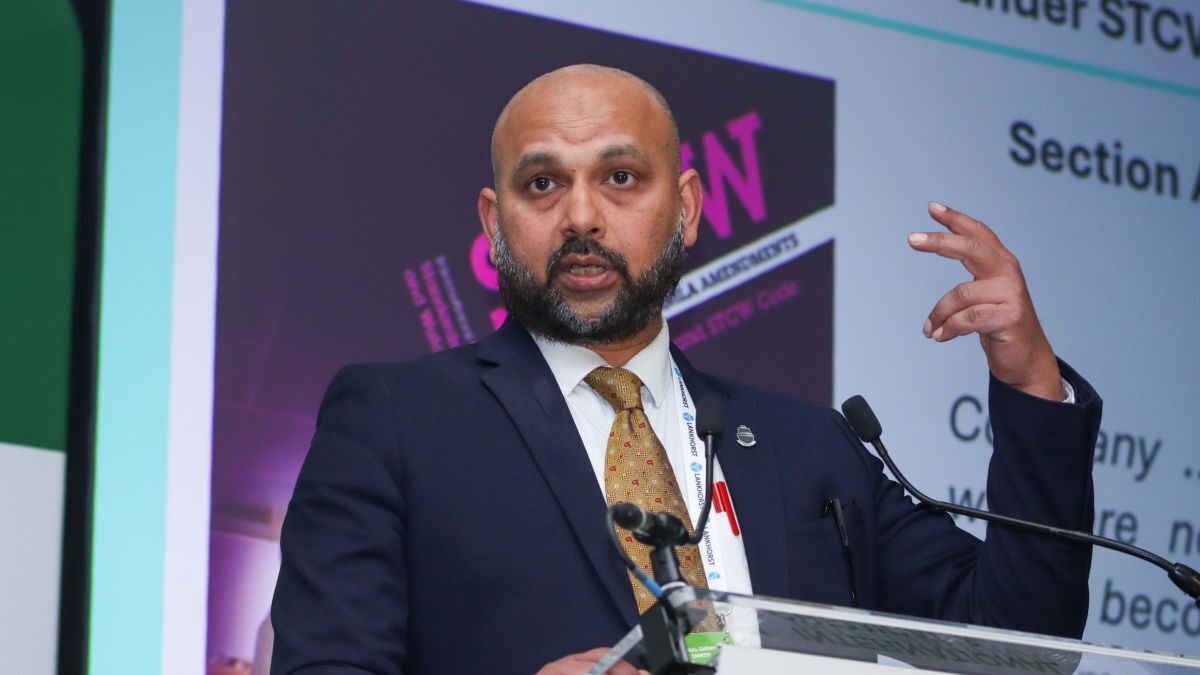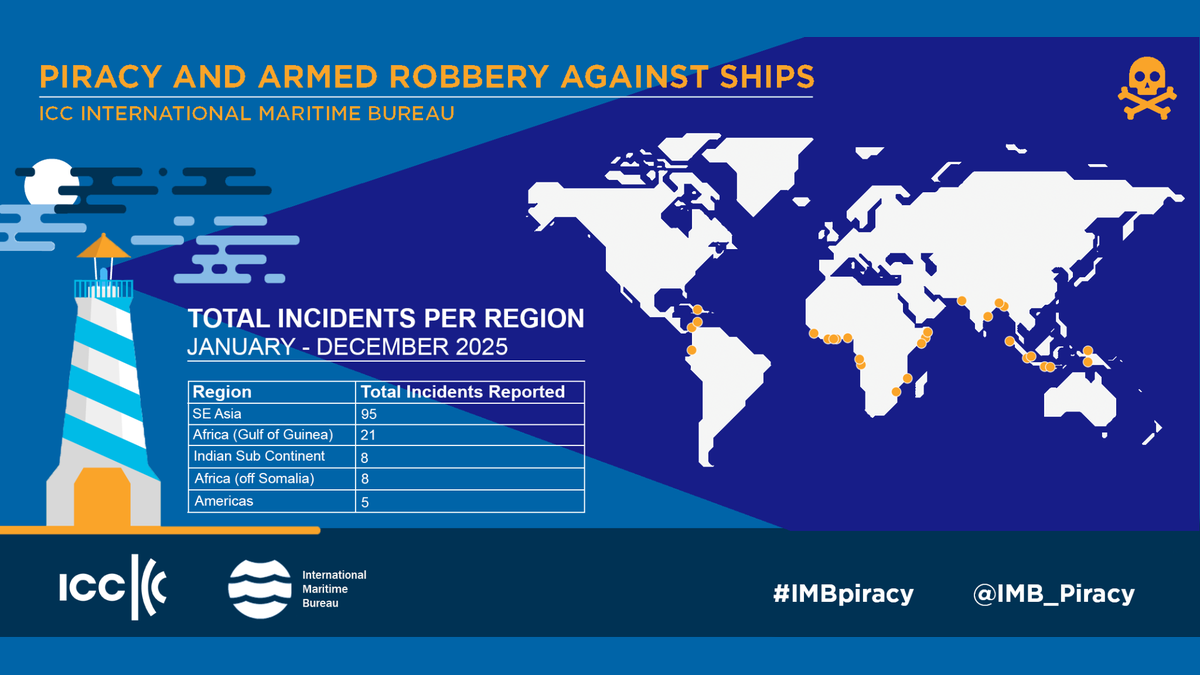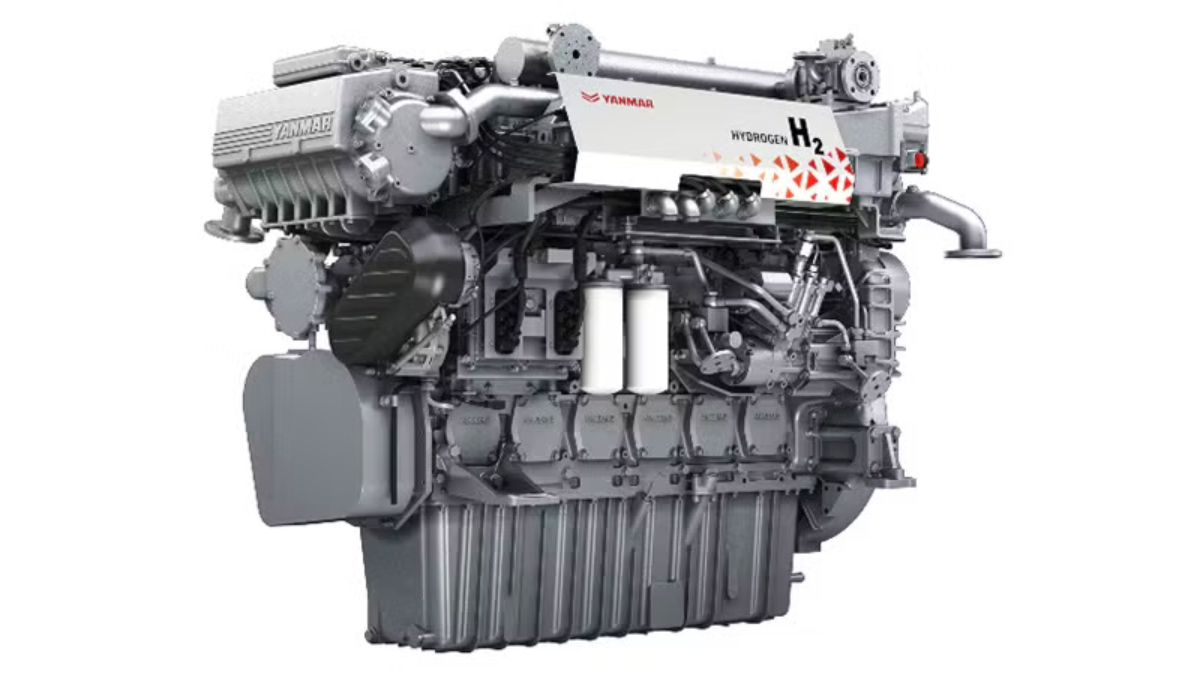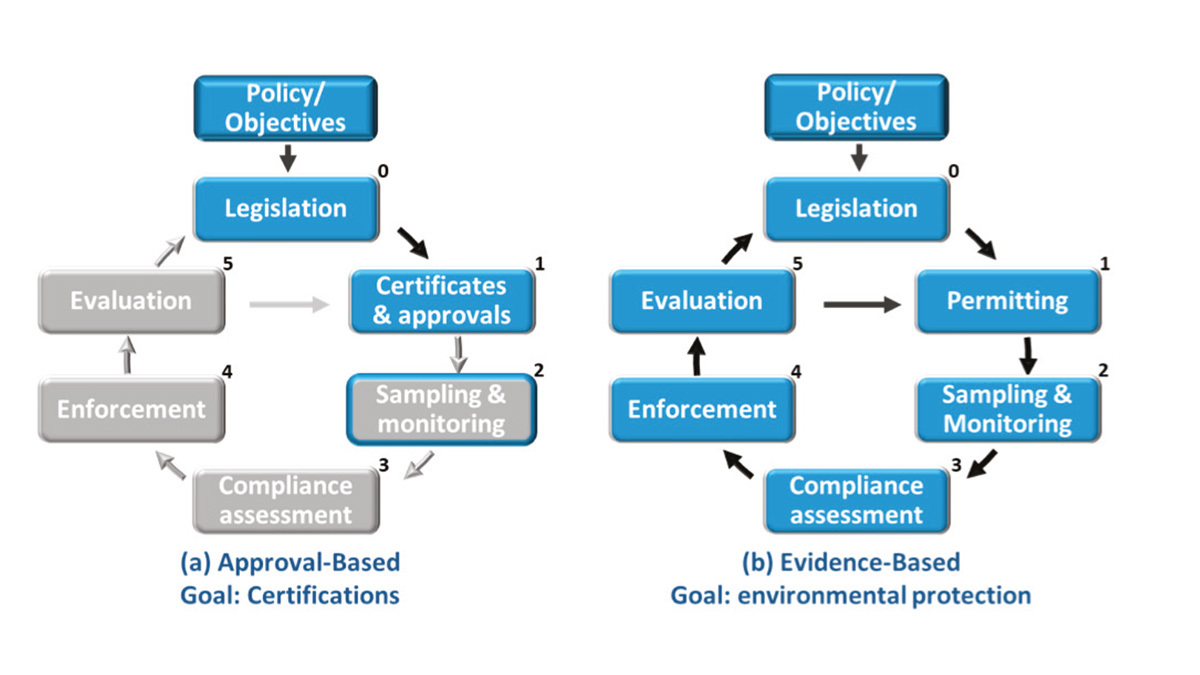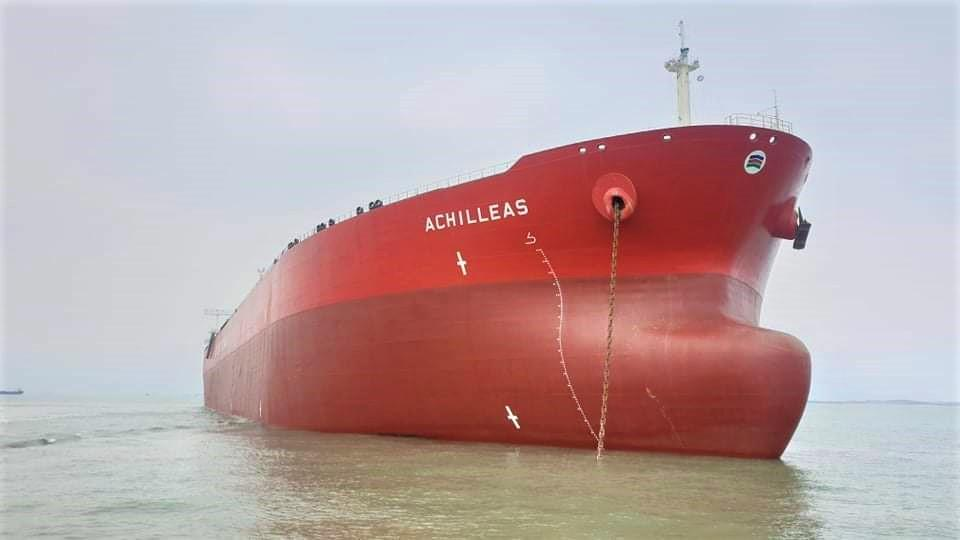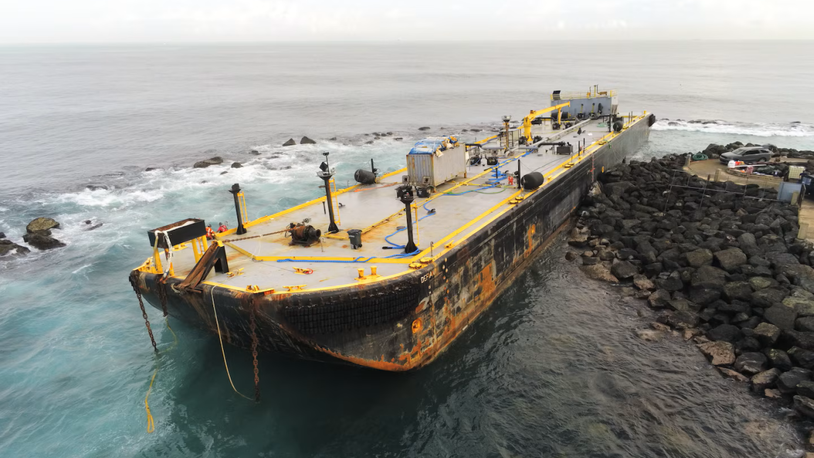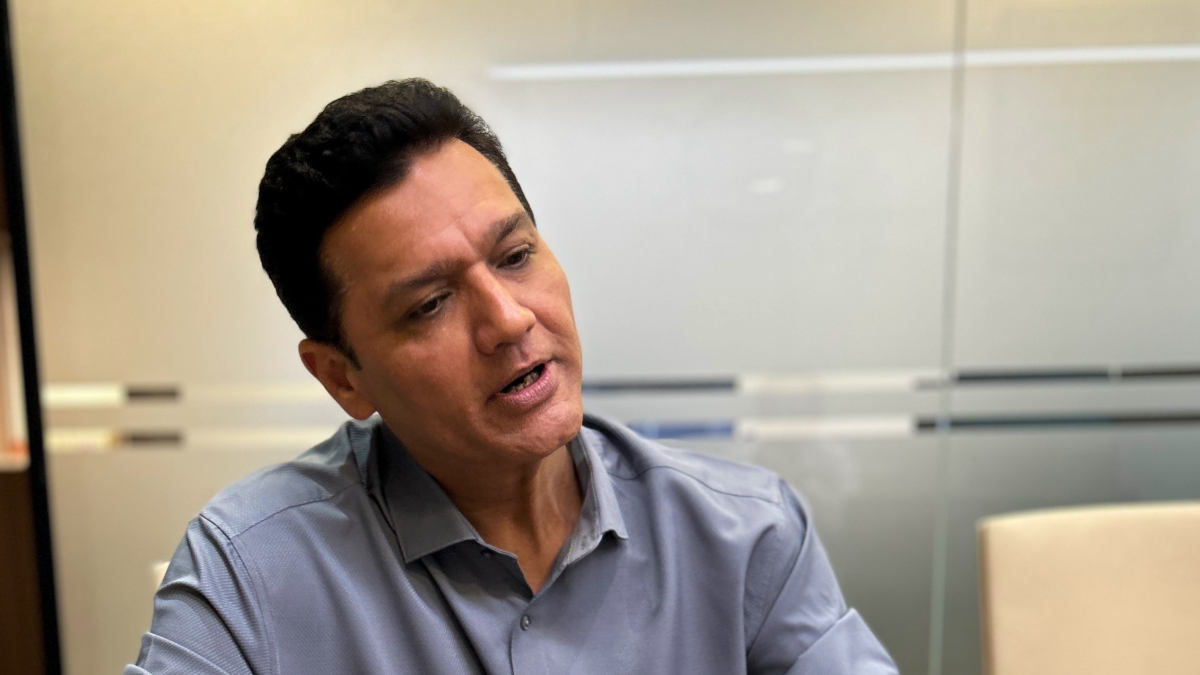Business Sectors
Events
Floating energy: successfully unlocking stranded gas using FLNGs and FSRUs
Contents
Register to read more articles.
Seafarer training framework for future alternative fuels
ICS outlines a phased training model for seafarers working on methanol, ammonia and hydrogen-fuelled vessels, based on existing IGF Code methodology
The International Chamber of Shipping’s (ICS) proposal for a new training framework to prepare seafarers for the operational demands of ships using methanol, ammonia, and hydrogen fuels was updated at the International Chemical and Product Tanker Conference 2025, held at the Millennium Gloucester Hotel in London 23-24 April 2025.
ICS principal employment affairs adviser Arvind Natrajan updated delegates on the project and set out a phased approach grounded in the existing International Code of Safety for Ships Using Gases or Other Low-flashpoint Fuels (IGF Code) training structure.
Mr Natrajan, who has a background spanning seafaring, regulatory enforcement and academia, explained the ICS initiative aims to integrate alternative fuels training into established conventions.
“The intention is the interim safety guidelines will eventually become mandatory instruments incorporated within the IGF Code,” he said. “In parallel, the interim training guidelines would be incorporated within the STCW Code.”
He outlined the IMO Human Element, Training and Watchkeeping Sub-Committee had determined in February 2025 that future training for seafarers handling methanol, ammonia and hydrogen would be based upon the existing IGF Code standards. “The basis for any future training will be the existing IGF Code training, supplemented by additional, fuel-specific modules,” Mr Natrajan explained.
Drawing a comparison to the chemical tanker sector, Mr Natrajan described a model based on a generic basic and advanced training split, supplemented by ship-specific familiarisation delivered by companies.
“This is exactly the same methodology we propose for ships using alternative fuels,” he said. The ICS is advocating for one consolidated alternative fuel training programme in future, combining LNG, methanol, ammonia and hydrogen to avoid multiple certifications and to facilitate seafarer mobility.
Mr Natrajan noted the industry’s approach is divided into three phases: an interim period up to 2027, a transitional period thereafter, and an eventual consolidation into unified training requirements.
He explained the rationale, “We do not want seafarers to undergo separate training courses for each fuel. It would impact mobility and place an undue burden on the workforce.”
From now until 2027, the requirement will consist of the standard IGF Code training, with top-up modules specific to methanol, ammonia or hydrogen, as appropriate.
The top-up training will be based on interim IMO guidance currently under development. Beyond 2027, once methanol is formally incorporated into the IGF Code, the IGF training will be updated to include methanol, with ammonia and hydrogen continuing to require top-up training.
Importantly, Mr Natrajan stressed companies will retain responsibility for ensuring crew are familiarised with specific systems and technologies on board.
“The company’s obligation to provide ship-specific familiarisation under the ISM Code remains a critical part of the training framework,” he said.
Addressing concerns about standards dilution, Mr Natrajan acknowledged the challenges of developing a universal framework for multiple ship types and competencies.
“The minimum global standard must be supplemented by responsible employers to meet operational requirements,” he stated.
Concluding, Mr Natrajan emphasised the ICS strategy is designed to ensure equitable, efficient and practical upskilling for the industry’s 1.9M seafarers as shipping transitions towards alternative fuels.
The International Chemical & Product Tanker Conference 2025 was supported by Gold Sponsors ABS, BV, Coach Solutions, DNV and Lankhorst. Silver sponsors were Anemoi and bound4blue with support from organisations IPTA and Intertanko.
Riviera’s Tanker Shipping & Trade Webinar Week will be held from 30 June 2025. Click here to register for this free-to-attend event.
Related to this Story
Events
Maritime Regulations Webinar Week
Floating energy: successfully unlocking stranded gas using FLNGs and FSRUs
© 2024 Riviera Maritime Media Ltd.


